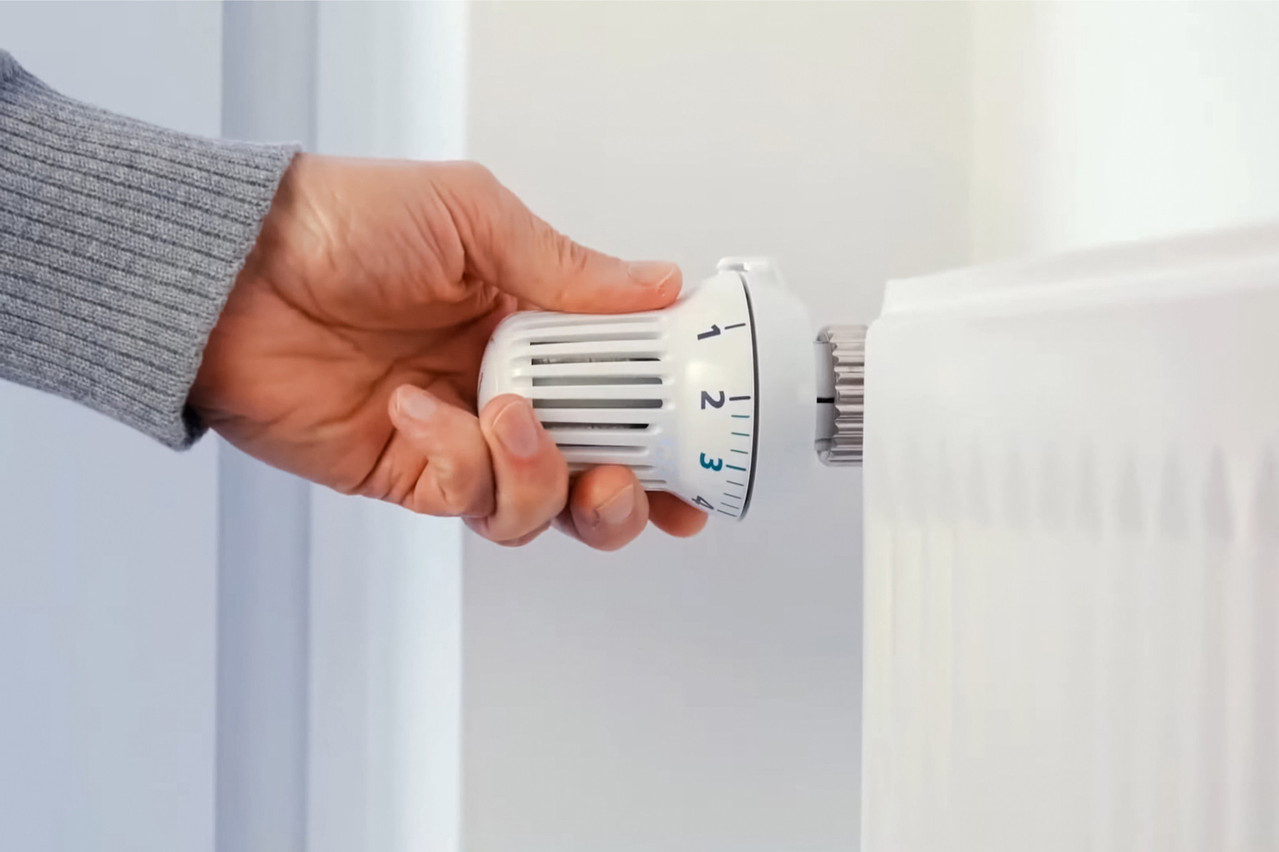But not everyone waited for this to happen to try to reduce their consumption or to ask for advice on how to save energy. “On the one hand, the profile of individuals seeking our assistance has become more general and representative of society,” said Fenn Faber, director of the Klima-Agency. On the other hand, demand has increased by 30% in the first half of the year compared to 2021, “which was already very high, with 9,200 contacts”.
So much so that the energy saving advice agency is recruiting staff. The number of staff has “evolved considerably over the last two years” to 30 people. It should reach 35 in the coming months due to “the increased importance of our themes”. These are “the reduction of energy consumption, the promotion of renewable energies, sustainable housing and mobility--including the steps to be taken in the planning and financing of the various projects”. The most frequently mentioned topics are “photovoltaics, heating and energy renovation”.
Reducing the heating bill
Long-term investments that reduce gas and electricity bills. Other actions can be taken on a daily basis, especially in the area of heating:
- Lowering the temperature. One degree less is equivalent to 6% less consumption, according to Faber. He estimates the optimum temperature for a living room at 20 degrees, a bedroom at 17 degrees and a bathroom at 22 degrees;
- Turn off the heating only when necessary. Turning off the heating for short periods of time (during the day when you go to work, for example) "makes no sense, because the house cools down and then you need energy to heat it up again", explains the expert. "On the other hand, it is advisable to lower the temperature when you are away or at night: 15 degrees is sufficient. On the other hand, the radiators should be switched off when airing out and if you are away for a weekend or longer."Just set the valves to frost-free mode. But don't switch off the boiler during the heating season;
- Ventilate properly. Windows wide open to create draughts for a few minutes, rather than leaving them on tilt and turn, which takes longer and cools the room;
- Lower the shutters at night to avoid heat loss;
- Do not cover or hide radiators with furniture, which can increase annual bills by 12%;
- Bleed radiators and have your boiler checked;
- In terms of hot water, replacing your shower head with a more economical system can save 30%. In the kitchen, the agency advises opting for a jet regulator. Washing your hands with cold water, reducing the length and temperature of your shower and avoiding baths are also recommended;
Using less electricity
When it comes to electricity:
- Use pans of the same size as the hotplate, put a lid on, turn off the power a few minutes before the end of cooking to take advantage of the residual heat, heat your water in a kettle beforehand;
- Defrost your freezer, let hot dishes cool before putting them in the fridge, dust the back of these appliances and set them to the right temperature (7 degrees for the fridge, -18 degrees for the freezer);
- Use the most economical programmes for both dishwashers and washing machines and do not run them when they are not full;
- Do not leave appliances on standby. Unplug them and switch off your computer after one hour of standby;
- Turn off the light as soon as you leave a room, even if it's only for a second. "Turning the lights back on afterwards does not consume more energy," says Faber. He also advises changing light bulbs to LED;
The agency's advice, which is financed by the state and municipalities, is free. It can be done “by telephone, video conference or at home”, but also on the basis of digital tools such as .
This story was first published in French on . It has been translated and edited for Delano.
